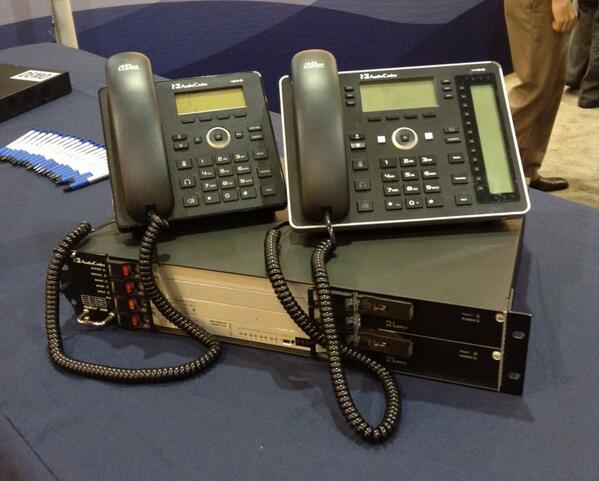
This past week I attended a conference at Elizabethtown College on Amish & Technology. The conference bills itself this way:
“This international conference will highlight the challenges and impact of recent technology (the Internet, social media, and telecommunications, for example) on manufacturing, family life, consumption, medicine, and leisure for Amish and other Plain communities in North America. In addition, conference presentations and seminars will cover many other aspects of Amish life including health care, mental health, social services, agriculture, business, history, quilts, and Amish-themed fiction.”
You might think "What on earth do Amish have to say about technology?!" My take away was that they do have some interesting things to say to a wider audience. The conference included academics (Prof. Donald Kraybill, Steven Nolt, David Weaver-Zercher), those interested in tech culture (Kevin Kelly of Wired Magazine) and many Amish and plain Mennonites.
Below are some general ideas the I thought were interesting:
- “The Amish have over arching reasons for why they limit technology, the rest of us limit technology too, but with no over arching reason why. We do it in a very adhoc, individual and non-consistent way.” --Prof. Donald Kraybill
- “Amish are not Luddites. They are fine using technology, they are just intentional about what they allow” --Prof. Donald Kraybill
- “Both Amish and "English" are increasingly getting their identity from what they don't allow themselves: think about vegetarian, wholefoods, etc” --Kevin Kelly
- “We are both the creators/masters of technology and the slaves of technology. We create technology and then immediately become its slave as well.” --Kevin Kelly
Amish, Voice Calls and Communication/Videoconferencing
I thought it was quite interesting to hear Prof. Donald Kraybill explain why Amish have rejected telephones:
“Amish see phone calls as stripped down, decontextualized communication." –Prof. Donald Kraybill
I immediately looked around the room to make sure Polycom or Microsoft Lync marketing people had stealthily slipped a PowerPoint slide into Prof. Kraybill’s presentation! But no, this WAS the reason Amish reject phones: They are so interested in maintaining strong personal relationships that they reject a technology they consider inferior to the “in person” experience. The question that occurred to me: What if I selected technology based largely on how it will affect my relationships with those important to me?
As if pointing out the “weakness” of voice only calling wasn’t enough, Kevin Kelly, cofounder of Wired Magazine noted part way through his presentation that he thinks Amish will actually accepted video conferencing!
“Amish accept a lot of technology. What are some new technologies we might see Amish accepting? I think things like GMO's, 3D printing, Solar and battery technology (already happening), and video conferencing…” –Kevin Kelly
I thought it was quite interesting that Kevin Kelly thought videoconferencing among new tech he thinks Amish / "plain" Mennonite people will accept in future. In a latter talkback session I queried him on why he thought Amish would have interest in videoconferencing and his thought was that it would(this is his idea, I would have my reservations)
Other Amish Conference 2013 Experiences
I found it quite interesting to have several days to chat with Amish/”plain” Mennonites and people like Kelly about technology. I found it interesting, among other things, to note that Kelly takes a “sabbath” from technology work 1 day a week just like I do myself.
Kevin Kelly’s PowerPoint hung (ironically on a slide: Technological Lessons of the Amish) After a too long awkward attempt trying to get going, with no A/V technician in sight, I overcame the “one person can never step out of a group and help when it is not his job” and made an appearance on-stage to give a go at troubleshooting. (Eventually the technician came and we got it going again)

If you are interested in technology and how we interface with it, I might suggest Kevin Kelly’s book: What Technology Wants. (incidentally there is a complete chapter on Amish called “Amish Hacking”)
What if we, like the Amish, selected our technology based on how it would effect our most important relationships?












![UCWA_thumb[1] UCWA_thumb[1]](https://blogger.googleusercontent.com/img/b/R29vZ2xl/AVvXsEhSDVwyQgdyyBxrw39_Z_hbH6kide6JT8iFEwEs7ZOocf7wNFZtOYTR1ZtNcF2YGJJ0EOVIfaRSte6JdkCX6zJYl7_4zDlXo4lIg3YGVtbhpzwoUI3_0QahWdgJKk9Y11356rGROtJj2Xpp/?imgmax=800)



